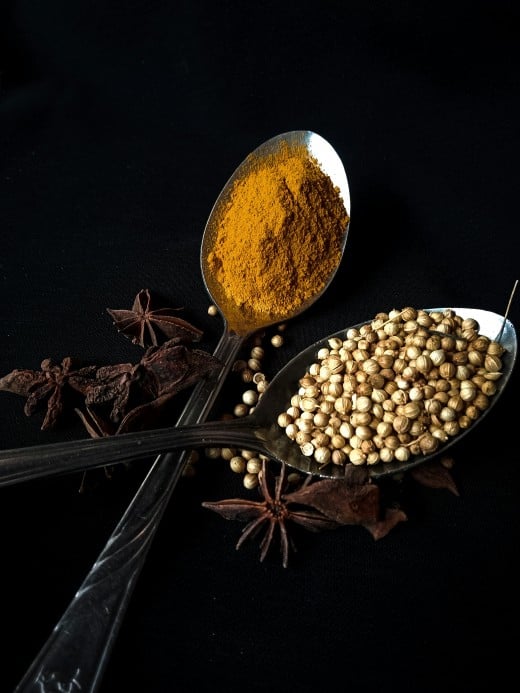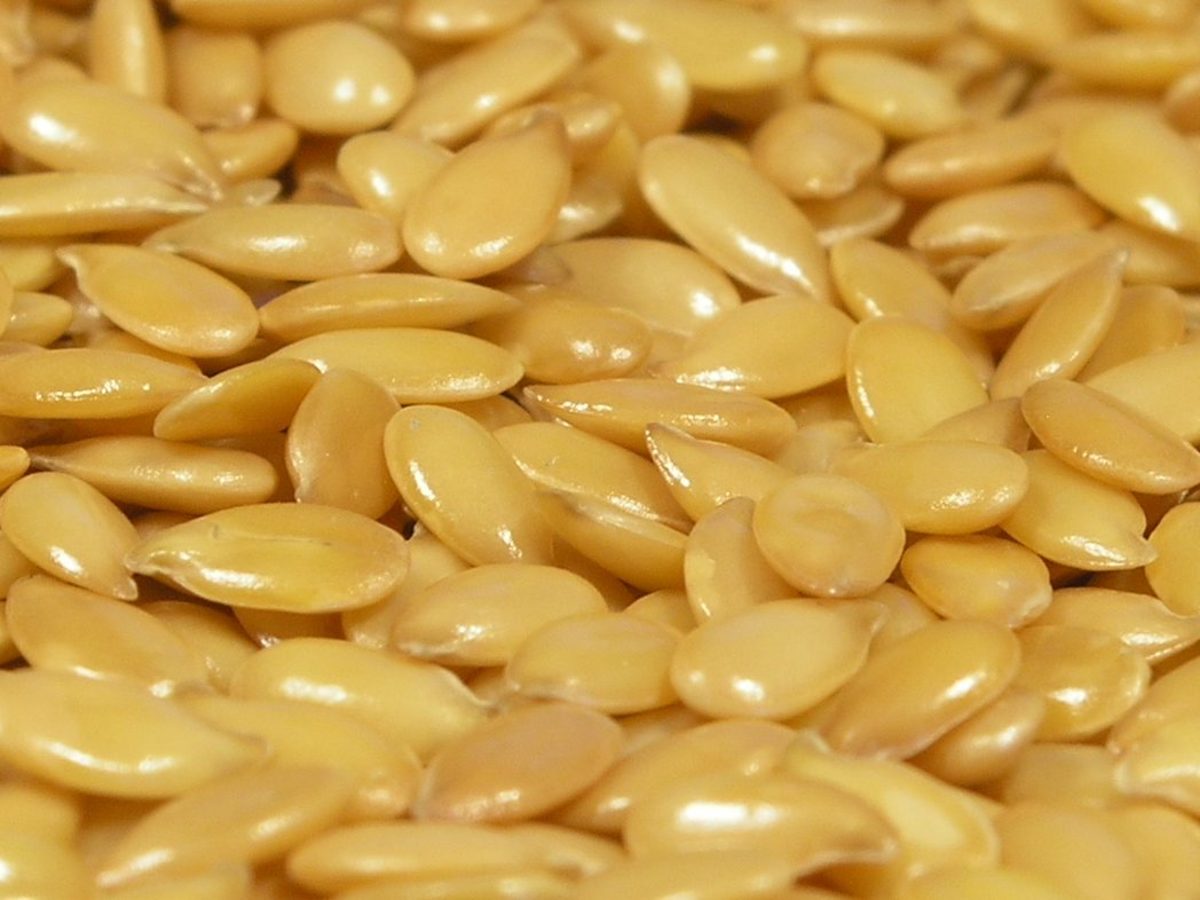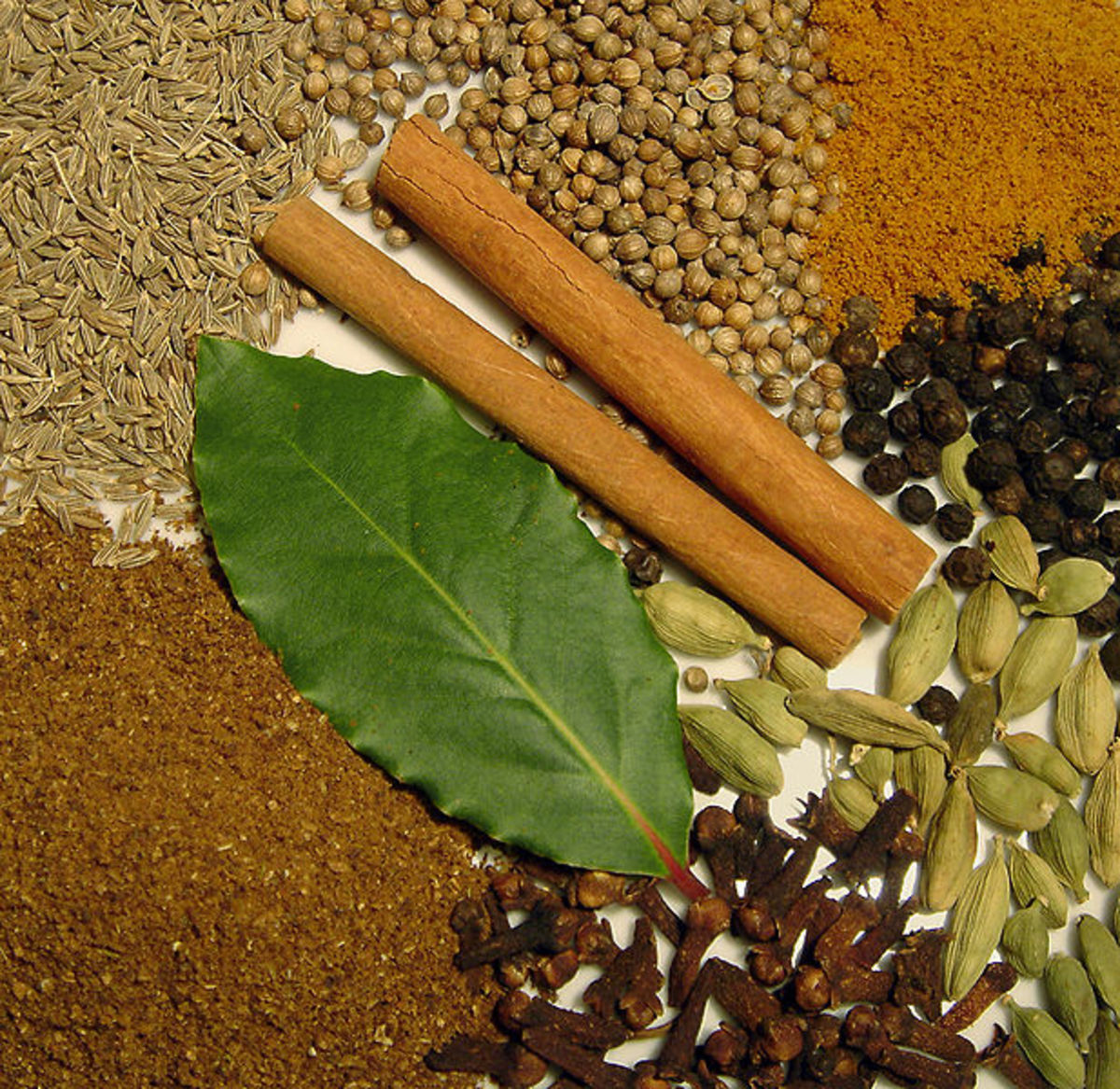Coriander: A Biblical Herb With Everyday Benefits

Did you know that the food that fell from Heaven was like that of a coriander seed?
"And the house of Israel called its name Manna. And it was like white coriander seed, and the taste of it was like wafers made with honey".
Exodus 16:31
Coriander has two roles - Biblical uses and is used in the modern times. In this post, I will be talking about coriander as it relates to Biblical Times and in Modern Times.
Biblical Times
In the Bible, manna is compared to the coriander seed - the bread of Heaven that was provided to the Israelites by God when they were in the wilderness. In Exodus 16:31, it says it was white, and the taste of it was like wafers made with honey. And in Numbers 11:7, it says it was the color of bdellium. With these descriptions, we can visualize what it looked like. God provided for the needs of His people when they needed it, He will do the same with us today. We just need to pray and believe in God. God knows what we need and will provide; we just need to trust in God. The Israelites were to gather what they needed. They ate manna for 40 years. God was teaching them to trust Him. God does that with us today.
The coriander seed is small and sometimes easy to miss. But for some reason, God chose that seed to describe the manna that He gave to the Israelites. God uses the small to accomplish great things. So if you feel like what you are doing is small, then consider the coriander seed and know that what you are doing is valued by God.
Modern Times: What is Coriander?
Coriander is an annual herb that is in the US and in parts of Canada. The leaves of the coriander herb is also called cilantro. This herb is native to the Mediterranean Basin. Some people think it has a slight citrus flavor while others think it has a soap like taste or a rotten taste.
According to the Encyclopedia of the Bible, the coriander (coriandrum satirum) is an annual herb which grows in the Jordan Valley and in other parts of Palestine. The seeds have a pleasing aroma. Today, coriander is used in gin, curry powder, and as a flavor for sweets. In Europe, the seeds are used in flavoring bread.
Cilantro and coriander come from the same plant but the difference is that coriander refers to the dried seeds whereas cilantro is referred to the fresh leaves and stems of the seeds.
Health Benefits
Did you know that the seeds and leaves of coriander are rich in vitamins, minerals, and antioxidants, like vitamin K, that help to clot your blood. Here are a few of the health benefits.
Fewer Free Radicals
The antioxidants in coriander can help decrease aging signs and certain cancers by helping remove free radicals in your body. Free radicals can cause heart disease, cancer, etc.
Lower the Risk of Heart Disease
Coriander acts like an diuretic, which can help flush the extra sodium from your body and lower your blood pressure. There has been some research done that says it may reduce your "bad" LDL cholesterol, which may reduce atherosclerosis, a form of coronary heart disease.
Reduce Blood Sugar Levels
"Current trials show that coriander helps activate the enzymes that help your body process blood glucose effectively. While more studies need to be done, people with high blood sugar may benefit from adding more coriander to their diet" (webmd.com/diet/health-benefits-coriander).
Culinary Uses:
Coriander Drink
2 cups water
1 TBSP coriander seeds
4-5 fresh basil sprigs
1-2 tsp lime juice
1 tsp coconut sugar
In a saucepan, bring the water to a boil, then turn on onto medium heat. Then add the coriander seeds and cook for 3 minutes. Turn off the stove and add the basil. Let it steep for 5 minutes. Strain the mixture and pour it back into the saucepan. Add the sugar and stir until it is dissolved. Add the lime juice. Serve warm or cold. Enjoy
If you cook with coriander, please share a recipe.
Nutrition
"Coriander contains vitamin A, which helps feed your retinas, keep your eyes moist, and generally helps protect your vision.
Coriander is also full of vitamin C, which is important to your immune system. Consuming enough vitamin C helps keep your white blood cells in working order and assists in the absorption of iron. Vitamin C also plays a role in wound healing and collagen production, which helps keep skin firm.
Coriander is also a good source of:
Nutrients per Serving
One teaspoon of dried coriander leaves contains:
- Calories: 2
- Protein: Less than 1 gram
- Fat: Less than 1 gram
- Carbohydrates: Less than 1 gram
- Fiber: Less than 1 gram
- Sugar: Less than 1 gram"
(webmd.com/diet/health-benefits-coriander).
How To Store
Store coriander seeds, supplements, and ground coriander in a cool, dry place. Keep out of direct sunlight and store fresh coriander in the fridge. Throw away when it expires or looses it freshness.
Side Effects
Coriander is known to be safe especially when used as a spice in foods. There have been few to no reports of side effects. Side effects may be likely to occur when one uses to much.
Some possible side effects are:
allergic reaction
photosensitivity
contact dermatitis
upset stomach
Avoid using if allergic to anything in the Apiaceae family. Avoid using coriander supplements if pregnant, breastfeeding, and young children. There needs to be more research done on this herb so consult your doctor before using as a supplement.
Interactions
"Coriander may interact with certain medications, supplements, and other herbs. If you take any medications or use other supplements or herbs, be sure to talk with your doctor before using coriander.
Some preliminary research has found coriander to have a sedative effect similar to Valium (diazepam). For this reason, it is thought that taking coriander with other sedatives may cause increased drowsiness.
Because of coriander's potential to lower blood sugar, it may not be safe to take along with other medications used to lower blood sugar.
Coriander may need to be avoided by anyone taking medications to lower blood pressure. This is because coriander may have an additive effect, causing a too-low blood pressure.
It's important to note that these and other potential coriander interactions are not well-documented. Reports of official interactions are limited" (https://www.verywellhealth.com/coriander-7488672#toc-side-effects-of-coriander).
Sources
https://www.webmd.com/diet/health-benefits-coriander
https://www.verywellhealth.com/coriander-7488672#toc-side-effects-of-coriander
This content is accurate and true to the best of the author’s knowledge and is not meant to substitute for formal and individualized advice from a qualified professional.
© 2025 Lisa Jane








